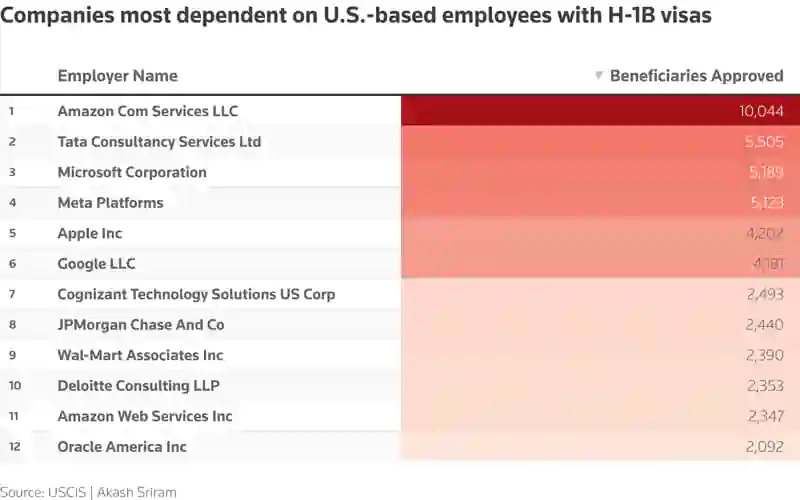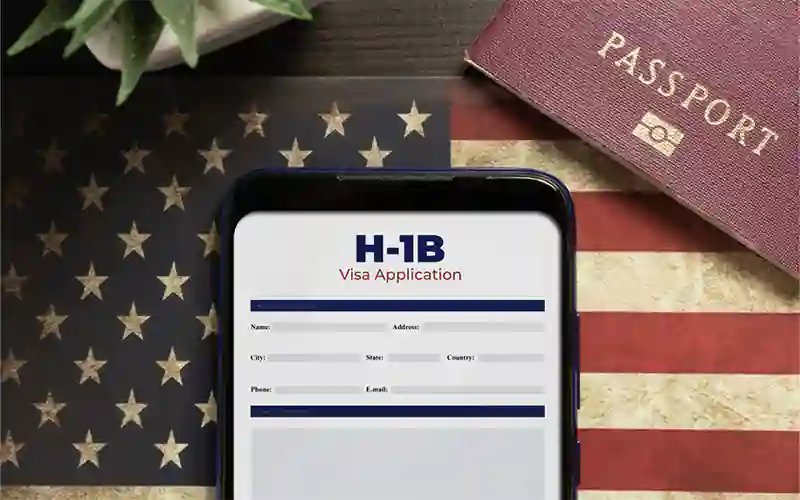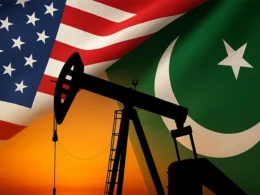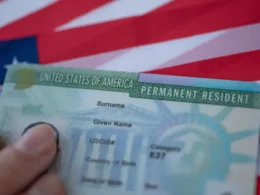The Trump administration’s move to impose a $100,000 annual fee on H1B visas has triggered widespread concern globally, with India emerging as the country most impacted by the policy shift.
The change, set to take effect this weekend, could have severe consequences for tech firms and workers from visa-dependent countries, particularly India and China.
Under the new rule, employers would be required to pay $100,000 per year for each H-1B visa holder, a dramatic increase from the few thousand dollars currently charged.
While the administration argues the fee is necessary to protect American jobs and prioritize domestic workers, critics warn it could deal a heavy blow to the global talent pipeline that powers Silicon Valley.
How India the Biggest Casualty of the H-1B US visa?
India is by far the most affected by the new policy.
According to U.S. government data, Indian nationals accounted for 71% of all approved H-1B visa beneficiaries in 2024, dominating the high-skilled tech labor market in the U.S.
With Indian IT and engineering professionals making up the bulk of foreign tech talent in American firms, the new fees could deter future applications and destabilize career paths for thousands already working in the U.S.
READ: Pak-Saudi Defense Pact: Here’s how India reacts to situation
Indian companies such as Infosys, Wipro, and Tata Consultancy Services rely heavily on the H-1B program to serve U.S. clients.
U.S.-listed shares of Infosys and Wipro fell between 2% and 5% following the announcement. Cognizant, another major employer of Indian H-1B workers, saw its stock drop nearly 5%.
While India and China dominate H-1B approvals, smaller shares of workers come from countries like:
- Canada
- South Korea
- Philippines
- Mexico
- Brazil
- Pakistan
- Germany
United Kingdom These countries may see reduced opportunities for their professionals seeking employment in the U.S. tech and finance sectors due to the prohibitive costs employers would now face.
List of companies affected the most:












